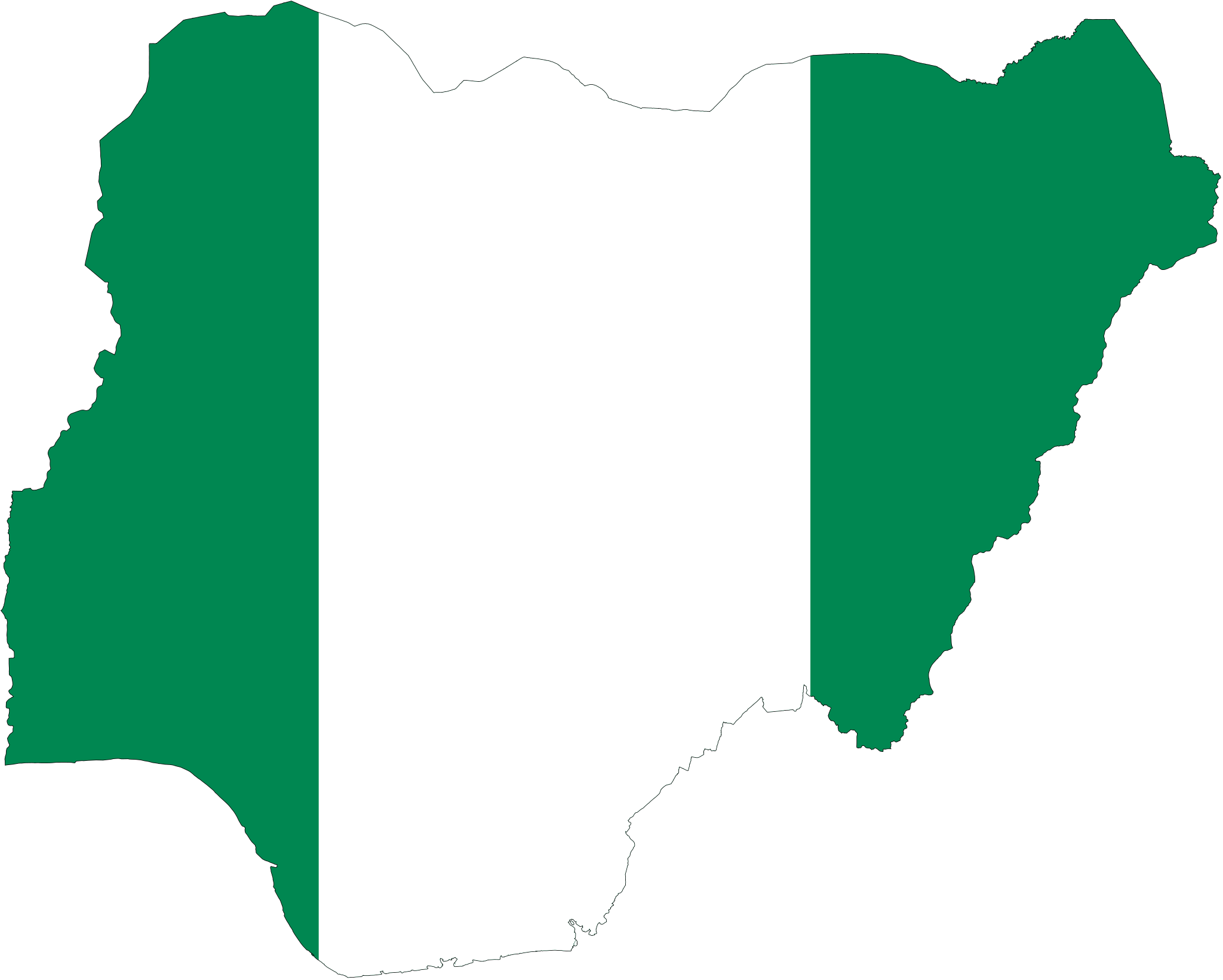MSuleiman A Suleimanilitary coups, insofar as they have happened historically in Nigeria and across much of Africa, get talked about before they happen. The very tragic events of January 1966 were said to have been foretold in different forms in the streets, not in the exact details, of course, but reportedly enough to have given warning to its most important victims. Destiny, we know, can scarcely be averted.
Still, subsequent coups had reportedly also followed rumours foretelling them long before they happened, not in the least the coup of December 1983 about which, it was said, many openly talked of a ‘gunslide’ on the way to correct the ‘moonslide’ presidential and general elections of the months before.
Military takeovers of government in Nigeria, it would seem, create the conditions for their own occurrence long before the fact. This is where the past meets the present. Until the still raging controversy over President Tinubu’s academic credentials, many a political discussion ended with talk about the possibility of a military coup, even within polite circles. In fact, talk about a possible military takeover was an open subject of discussion among a grieving section of the electorate in the immediate aftermath of the election as those who lost out in the election, in typical Nigerian fashion, wished aloud for the soldiers to takeover or for some kind of “interim government”, whatever that meant beyond the selfish interests of those who fancied and promoted them.
Those wishes got so loud the military authorities at the time had to issue statements reiterating their support for Nigeria’s democratic order. Soon enough again, however, those who lost out in the long anticipation of jobs for filling the new government also began another round of whispers about a possible military coup, as if soldiers are the ultimate fixers of anything wrong with democracy in Africa. Happily, the new military leaders again declared their support for democracy and warned those talking openly about military coups to desist.
- Rivers residents worried as oil explosions claim lives
- Police arrest rustlers, recover cows in Jigawa
Otherwise, until now that it appears overshadowed by the certificate controversy, talk about coups had steadily gained impetus, and was repeated even among people who should know better, people who should know that few things could be more dangerous for Nigeria’s democracy, and indeed also for the economy and society at the moment than the return of the military in government.
But it is not just that the controversy over Tinubu’s certificate has overshadowed musings about any form of autocratic contagion here. It is that the two are in fact intricately linked. In theory, anything that weakens the legitimacy of the new government, or of the new president, automatically strengthens the conditions for a military take-over. Anything that de-robes a duly elected president in the public domain, enrobes a soldier in uniform. And that, it must be said, is what makes the controversy over the president’s certificate dangerous for all involved because it risks throwing the baby away with the bathwater.
While there had been many successful and unsuccessful coups in Nigeria, only twice previously had the military taken over from a civilian government: in 1966 and 1983. All the other coups were soldiers taking over from soldiers, including, the curious case of 1993. But both of the times soldiers took over from civilians, the coups had been purportedly based on the “corruption” and “failure” of the politicians to play by the rules of the game, according to the soldiers, that is. This was not necessarily true in any empirical sense, of course. After all, as we observed last week, the 1966 coup was deeply motivated and instigated by ethnic politics, whatever the “revolutionary” rhetoric around it, then and now.
But the more important point is that in both 1966 and 1983, internal rumbles within the political system were less toxic and acerbic than they are today. In the past eight months since the February presidential election, whole gangs of commentators, pundits, social media influencers, newsmen, researchers, lawyers, and many more beside have been doing nothing but attack the integrity of the electoral system, and ultimately of democracy itself; and mostly with almost no evidence.
I do not think any Nigerian election since 1922 has suffered so much ridicule and so much attack than the 2023 general elections, even though, for most sober Nigerians, the same election must count among our best so far. The warning, therefore, is that the more the democratic system is delegitimised, the more the electoral system that produces leaders is repeatedly called into question without much evidence, the more all these create the conditions that make autocratic contagion possible here too, making all of us losers.
And then, there are to other issues. First, could the contagion even take hold here? Because of the ethno-regional dimensions of military incursions into politics in Nigeria, some people might be thinking that another military government will favour them in the same way several previous military governments did in the past. But this is no more than wishful thinking. No one knows the kind of dynamics such a situation will take, and so, there is no guarantee that the world of military politics will look the same now as it did four decades ago.
In other words, those wishing for military intervention aloud should be careful what they wish for. More importantly, I do not believe that a military government can happen and take hold here anymore. Nigeria is simply not Niger Republic, Gabon or Mali. It is not a place for a one-man show. In fact, as I have argued on a few occasions before, military government in Nigeria is an outlier, in a separate category of classification from the norm of military governments in Africa or elsewhere.
Nigeria has never had a Paul Biya, or a Mobutu Sese Seko, or an Idriss Déby. Nigerian soil is not a fertile ground for autocrats. Almost all of Nigeria’s military leaders had to rule with a democratic face: consulting, persuading, debating, arguing, cajoling, all in a bid to achieve consent even for the most basic of governmental decisions. How, we should ask, was the first government of General Obasanjo (1976-1979) any qualitatively different from his second (1999-2007) other than the change from military uniform to a civilian agbada?
The Buhari government of 1983-1985 is widely regarded as one of the most military of military governments in Nigeria. Yet, as a viral video of his ministerial list at the time showed recently, even he had to work around Nigeria’s inherent democratic political structures. Even the government of General Sani Abacha, often described with negative hyperboles in the Nigerian press, was nowhere near as autocratic as the average military government in Africa, not to talk of Latin America or Asia. There could never have been a Pinochet or Castro here.
Even then, our last military government ended 24 long years ago in 1999, when the world was literally still in darkness; when there was no Twitter or Facebook, when no one could have thought of #EndSARS, and when, more than 70 per cent of the current population of the entire country had either not been born or were still babies. I doubt if that majority of the population is psycho-politically attuned to military rule in the way previous generations were.
For Nigeria, the age of military is over, and while our democracy may be wobbling, it will grow and endure. Let’s let it.

 Join Daily Trust WhatsApp Community For Quick Access To News and Happenings Around You.
Join Daily Trust WhatsApp Community For Quick Access To News and Happenings Around You.


